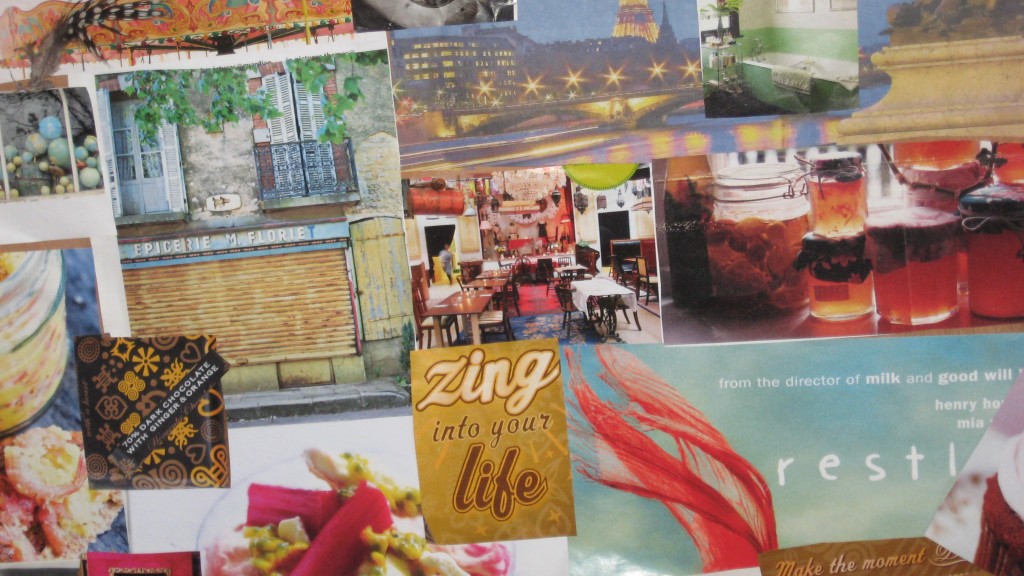A couple of years ago, the sender of a newsletter I subscribed to mentioned their Enneagram personality type. I was intrigued. I liked the way the descriptions on the Enneagram Institute’s website mentioned being in the moment as the path to redemption.
It wasn’t immediately apparent what my Enneagram type is, my quiz scores were equal for types 4 and 9. After studying the type descriptions on the website; I decided I was type 4.
A degree of self awareness is required, as the descriptions go into a lot of negative detail, as well as describing the positve aspects of each personality type. Luckily, self awareness is one of the positive qualities of a 4. Some of the traits are things we do and motives we have without realising that we have them.
For example, I had a crush on someone whose evening classes I attended. I couldn’t understand why, because this person is not someone I’d want to have a romantic relationship with. He does have a certain charisma though, and is quite a spiritual person. I couldn’t stop thinking about him, especially if he paid me some attention or admired my work. I’d spend ages staring into space and reliving the feelings he’d elicited in me. But on the evenings that he ignored me because he was preoccupied with dealing with other students (the audacity!) I would secretly feel distraught – sometimes on the verge of tears (I know!). I learned that these infatuations are an aspect of the Type 4 personality. We can become obsessed with people who have personality traits that we admire and want for ourselves.
I also learned that Type 4’s are prone to envy. “Not me”, I thought. My husband can show one of my friends a ridiculous amount of attention and I don’t feel a pang. But when I forced myself to get quiet inside, and pay attention, I noticed that I was no stranger to the green eyed monster. It was triggered when I saw someone who looked attractive and successful for example, or a joyful looking family. More than anything else, I felt it when speaking to someone who sounded confident and comfortable in their skin. I wanted to be like them.
These personality quirks are connected to the desires we have to be the best version of ourselves.
It was easier to admit to some of the positive qualities of the Type 4. Creativity, compassion, emotional strength and ultimately, equanimity. Had to check that last one with the dictionary. “A state of psychological stability and composure, which is undisturbed by exposure to emotions, pain or other phenomena that may cause others to lose the balance of their mind”. I’m not there yet, but have seen this quality in myself at certain difficult times of my life.
The most helpful aspect of what I learned, was that Type 4’s are prone to day dreaming and “using their imagination to prolong certain feelings, both positive and negative.” I already knew this but felt good to have it confirmed as universal to my personality type. It confirmed why I find it so difficult to be in the moment and concentrate on one thing for any length of time.
And this was a starting point for change.
The book, The Wisdom of the Enneagram, recommends a regular routine of getting up at the same time every day, same for bed time, daily meditation, exercise and most of all making a daily contribution through meaningful work. This, it says is the true path to redemption for a 4 and something they tend to resist, as they fear mundanity and are keen to protect their sense of individuality. It recommends that we hire a coach or mentor, to help us through this difficult process of change.
That brought me back to this blog. Being a dreamer and living in my imagination for so long made me good at fooling myself that I’m achieving more than I am. I write reams in my head and am inspired on a regular basis. This makes me feel that I’m being productive when I’m not.
The demons in my head scream at me to check Facebook, join my husband on the sofa to watch Antiques Roadshow, tell me that I’m not in the mood this evening, I can get up early in the morning and do this, this isn’t what I wanted to write about, I don’t know enough about the subject etc, etc, etc.
That’s going to change, Those demons will sit on my shoulder and heckle me to begin with, but will get bored when I continue to ignore their attempts at sabotage. We all have these demons, but the Type 4 ones heckle more loudly than those of other types
I’m determined to shut them out and become the productive blogger that in my imagination I already am.
.
